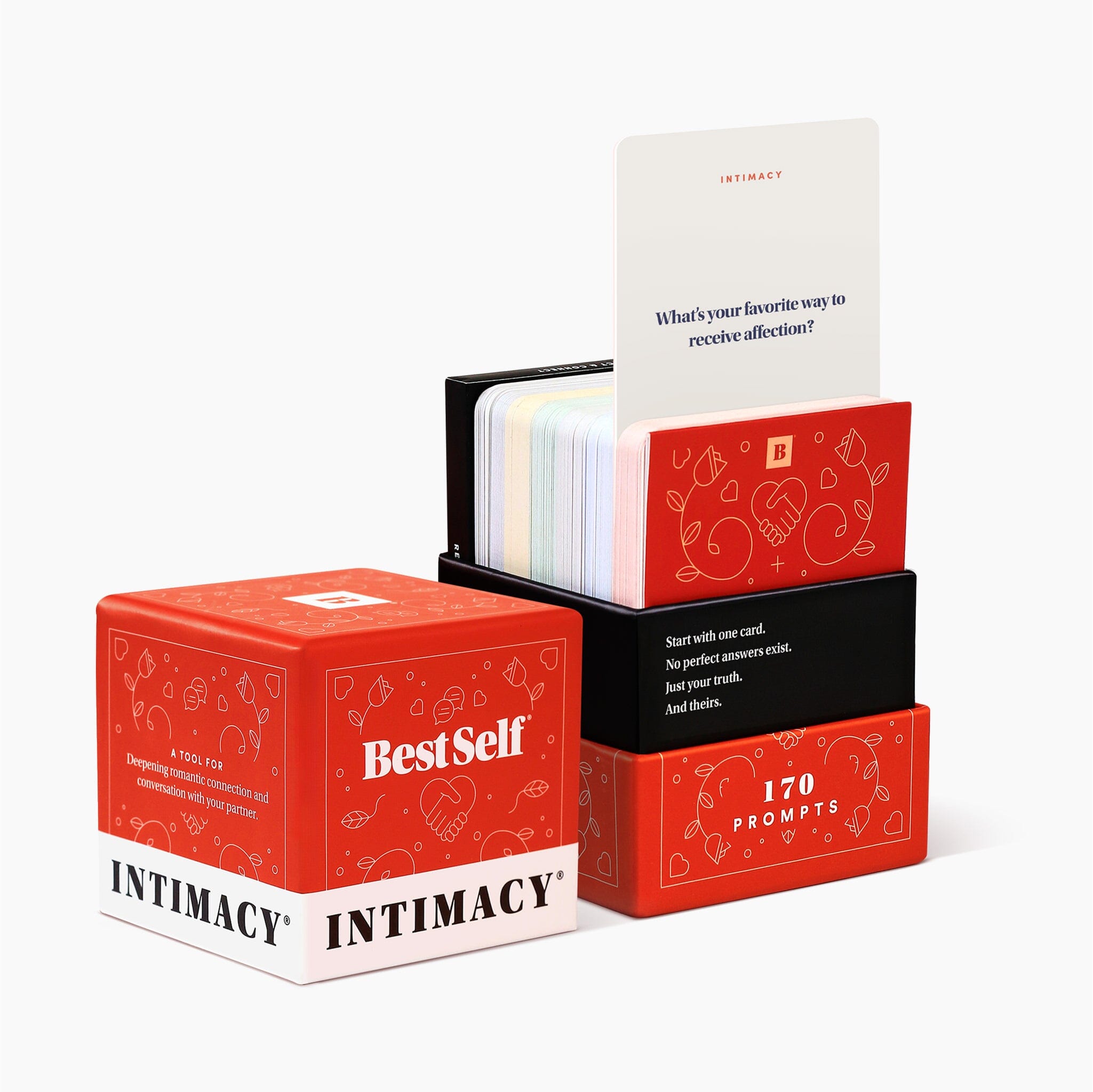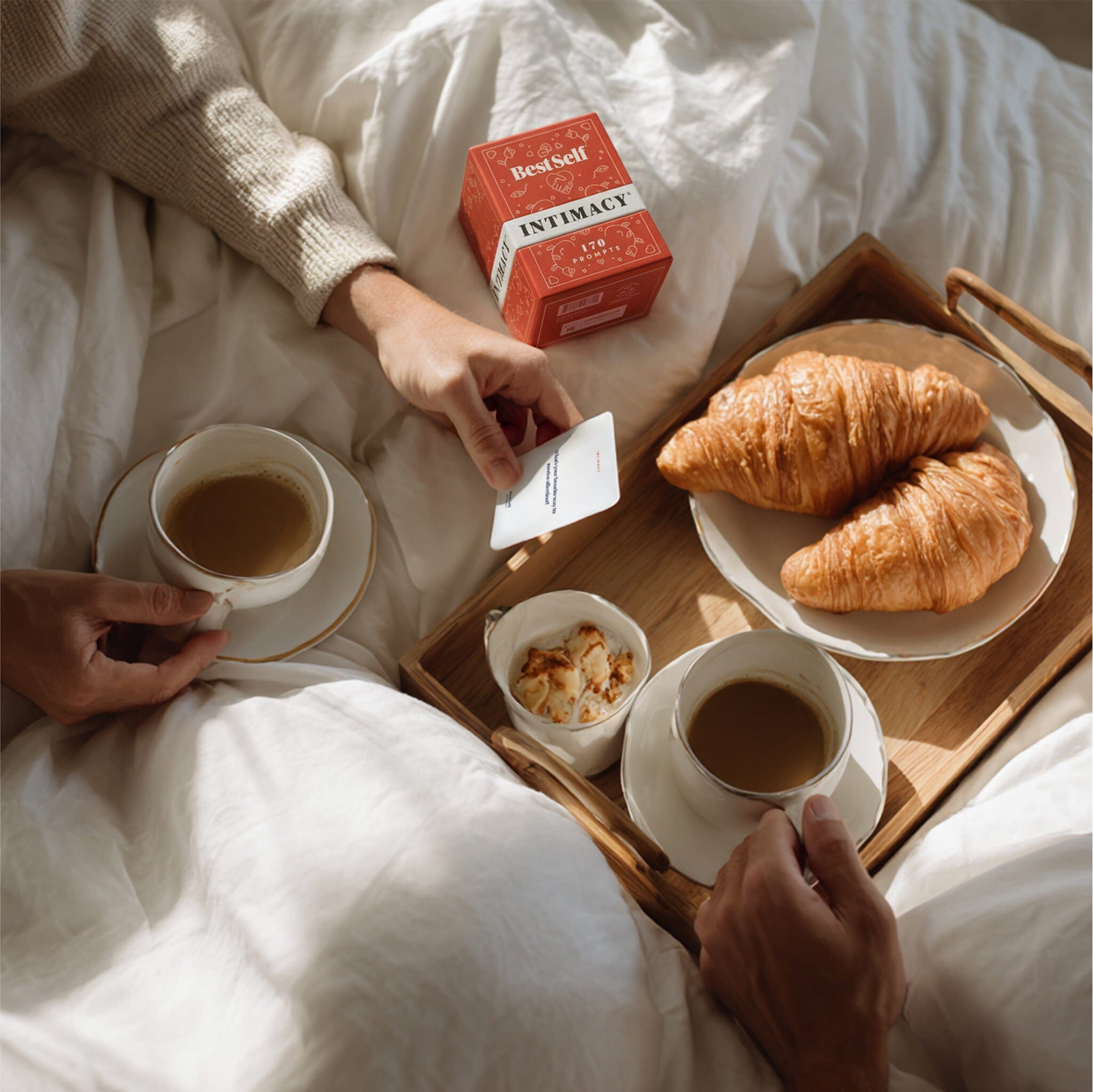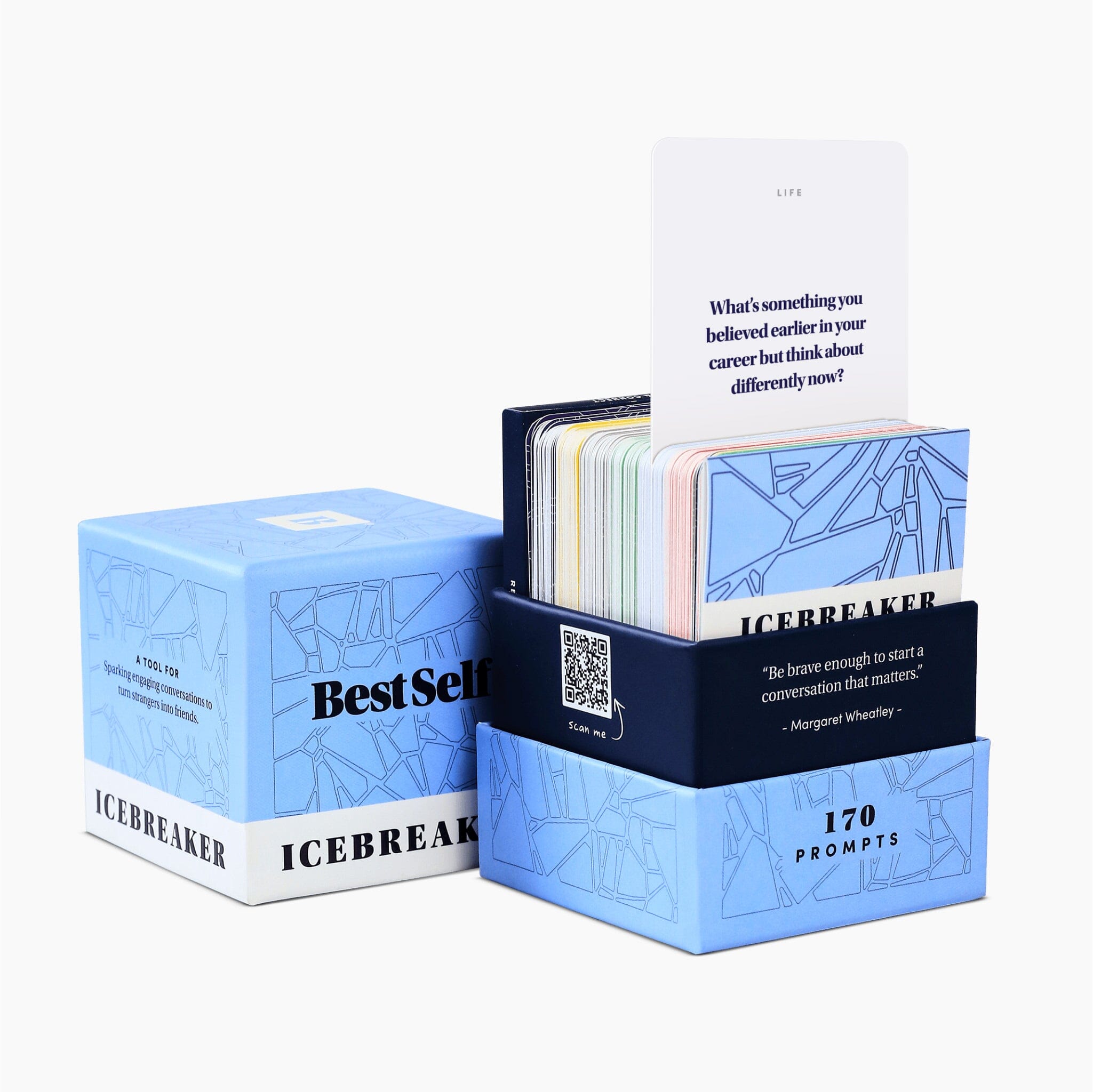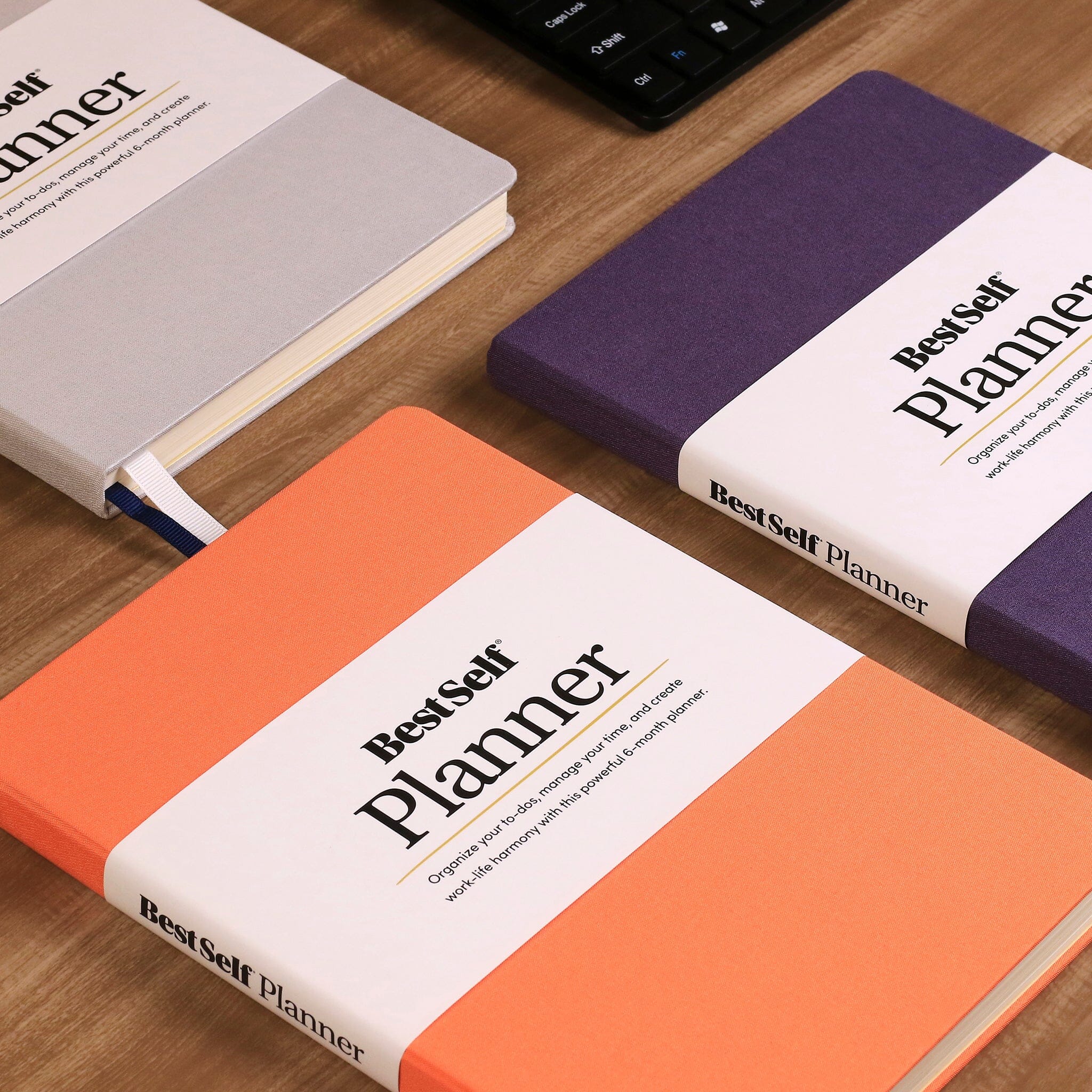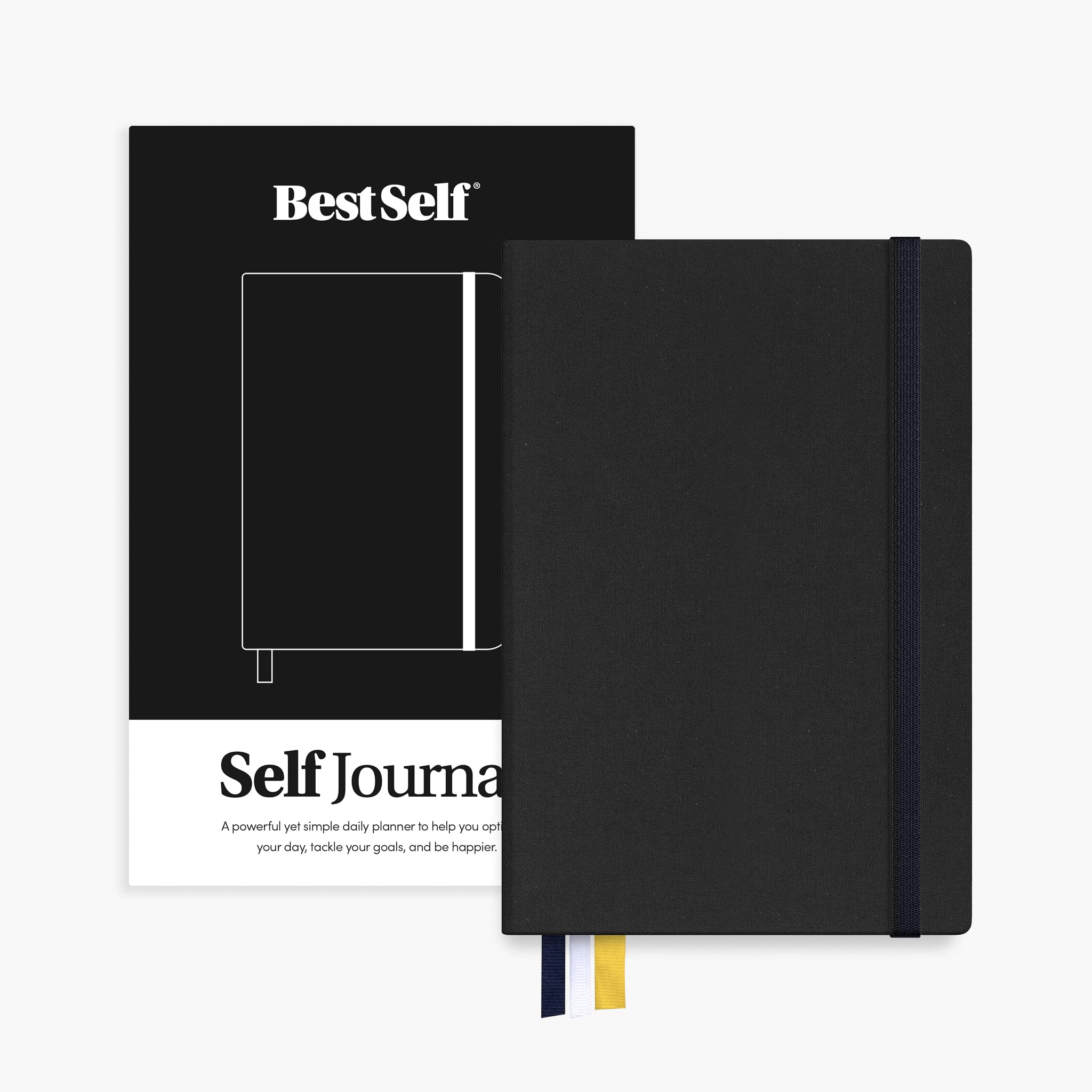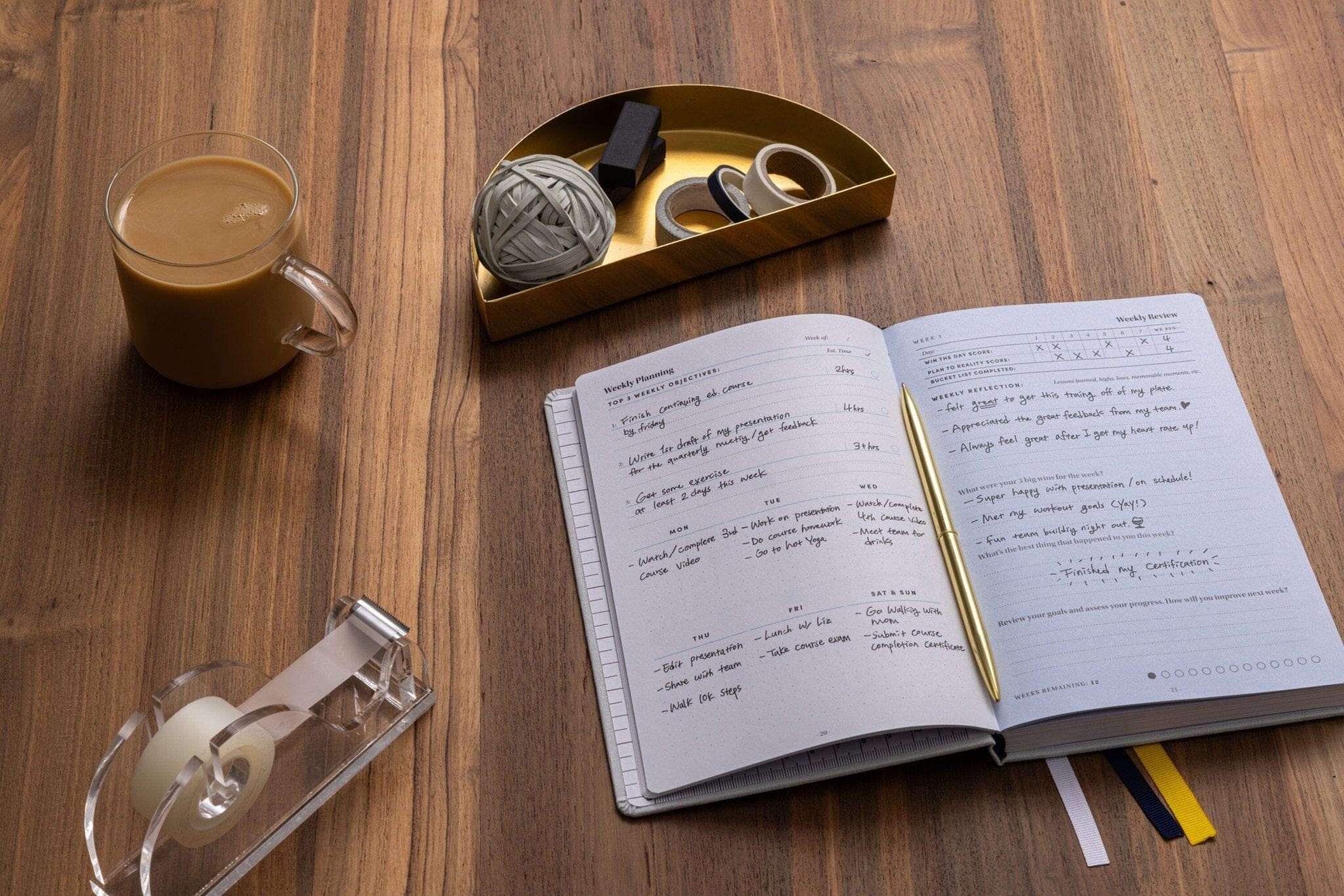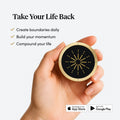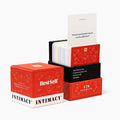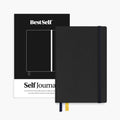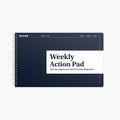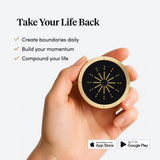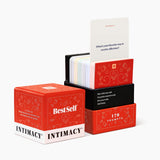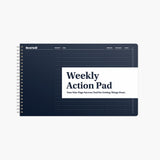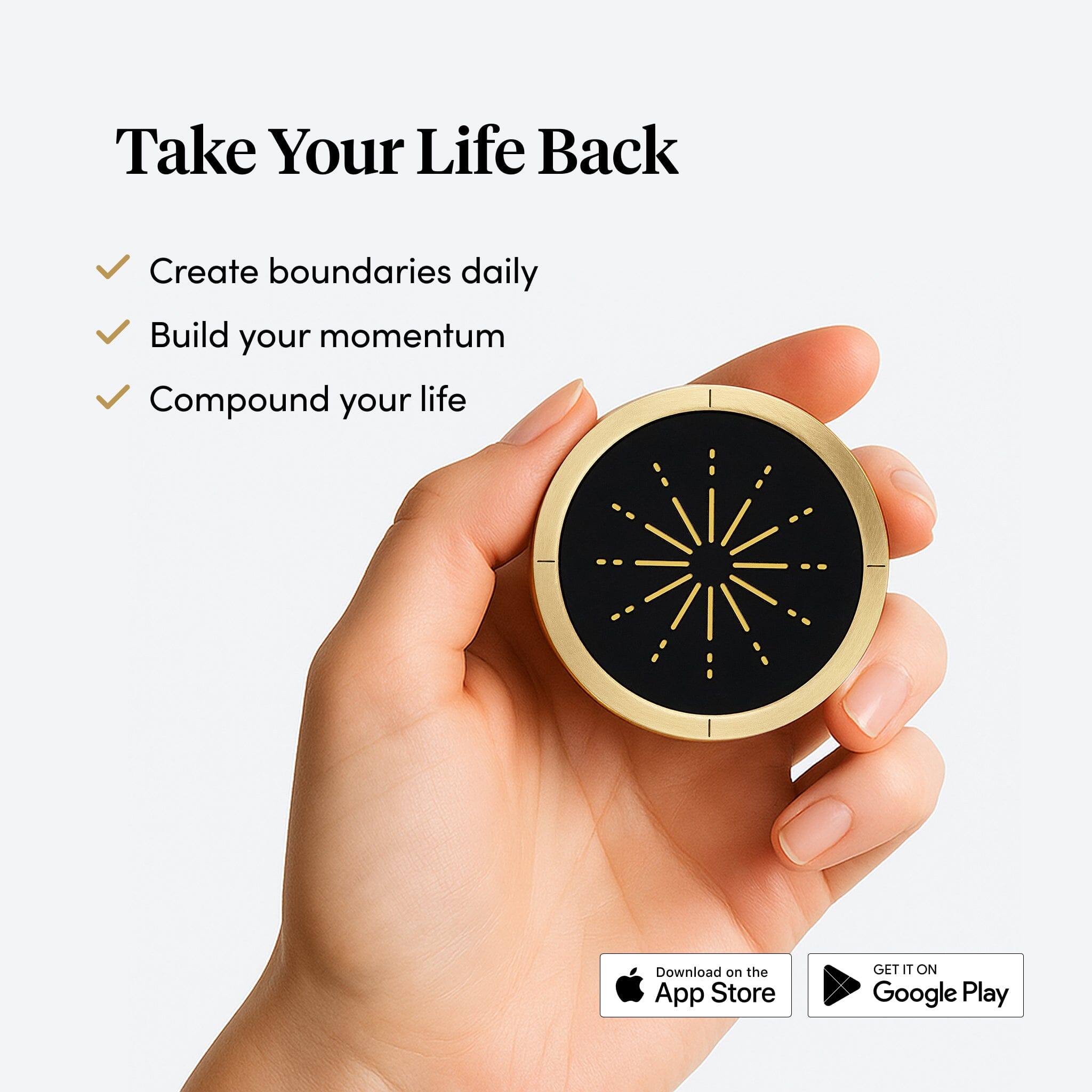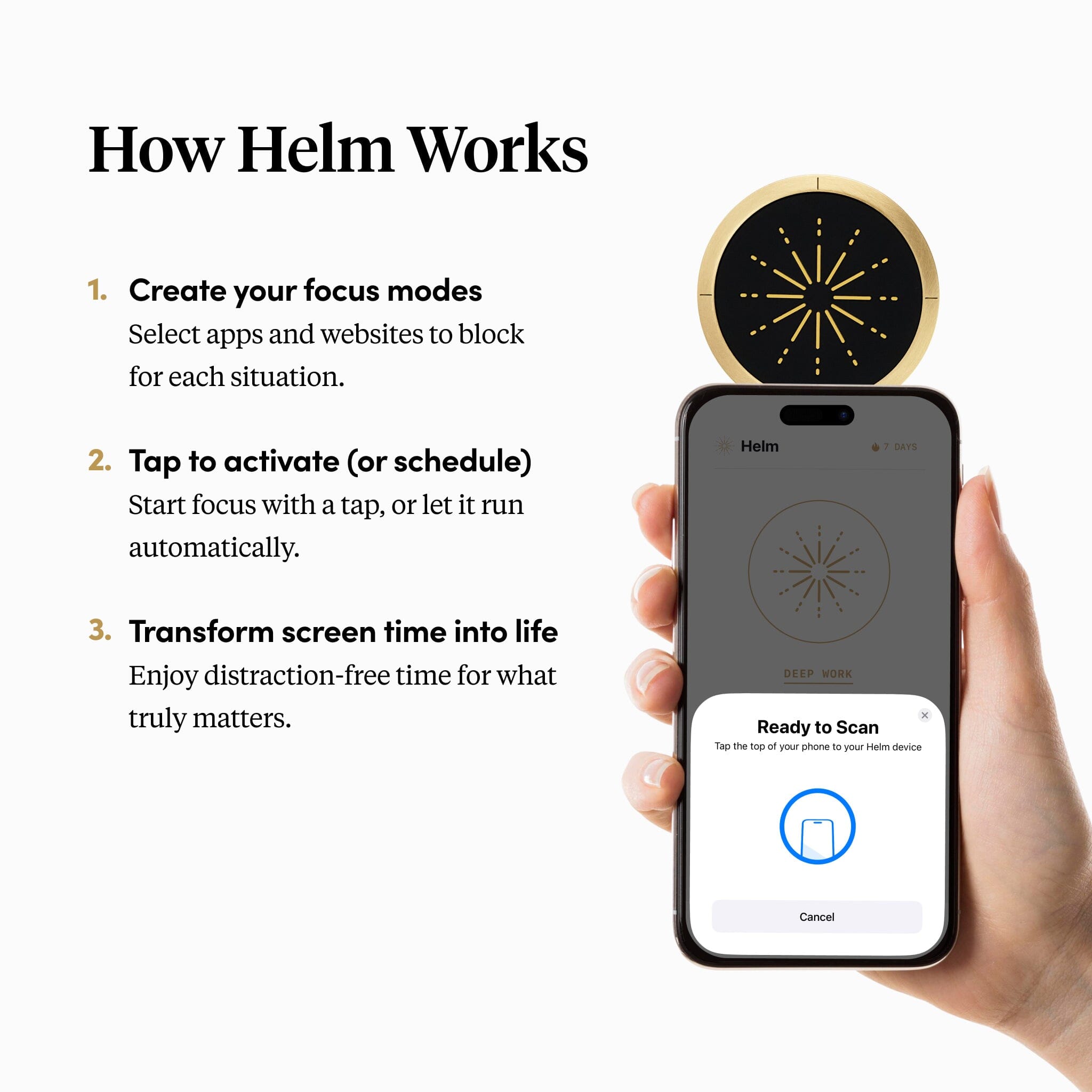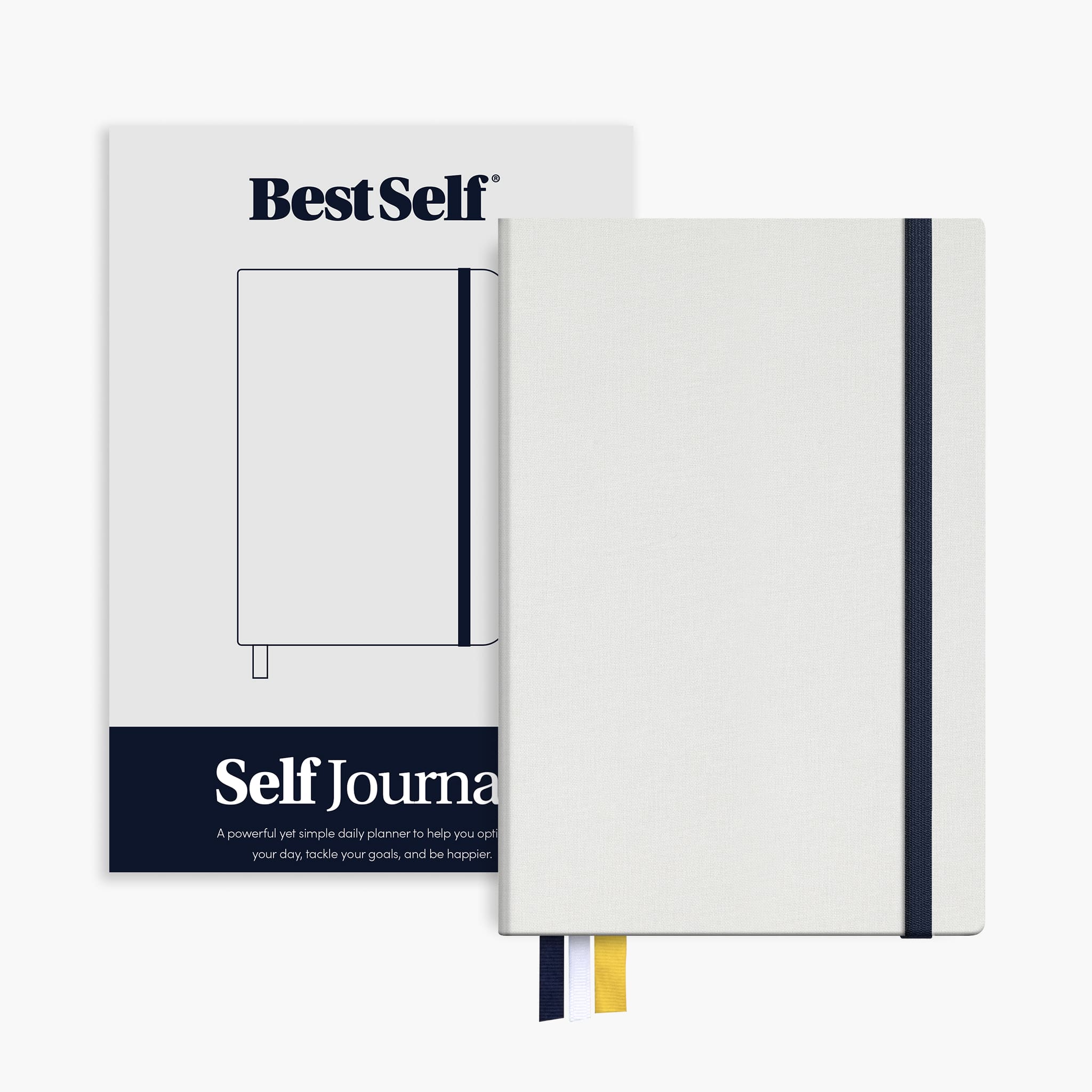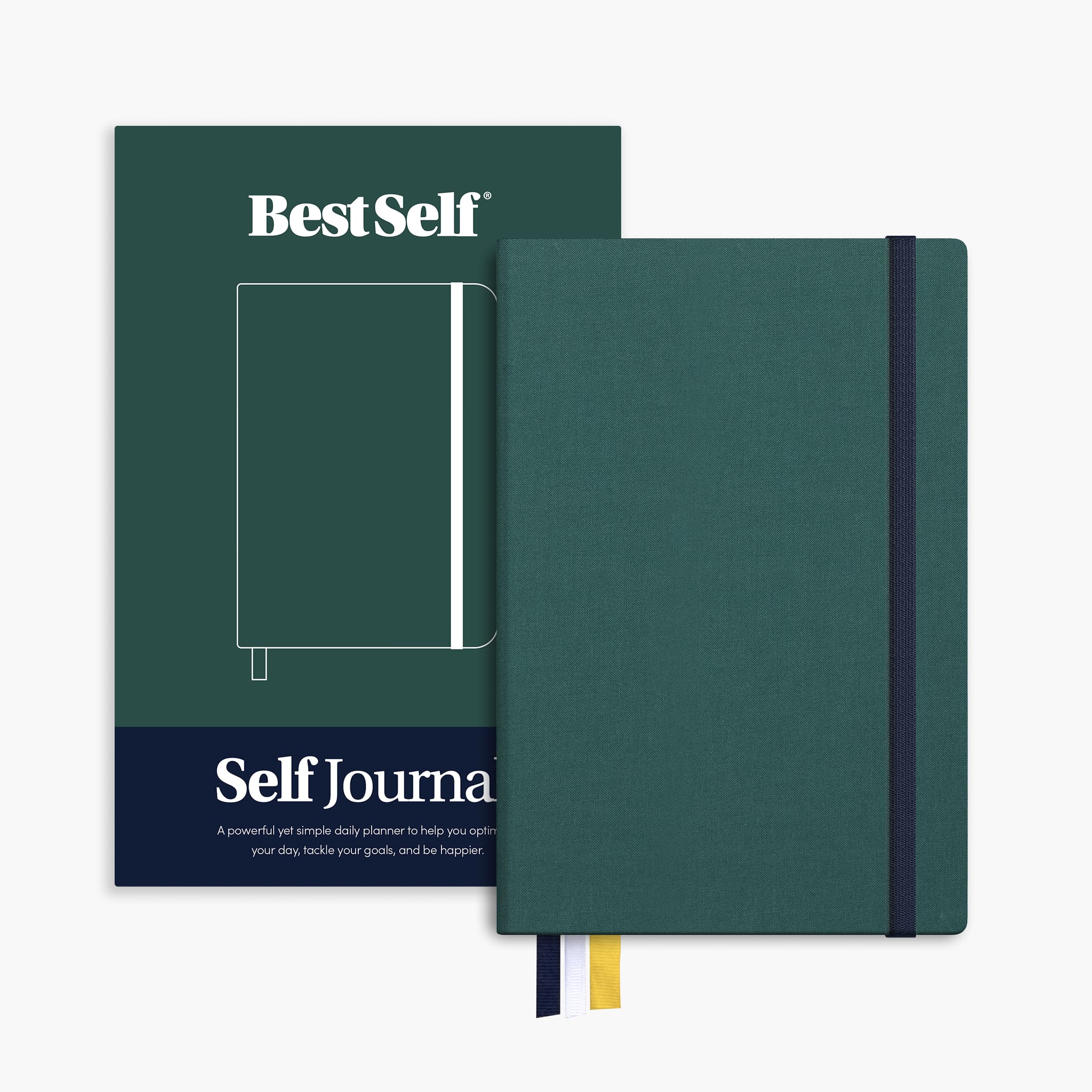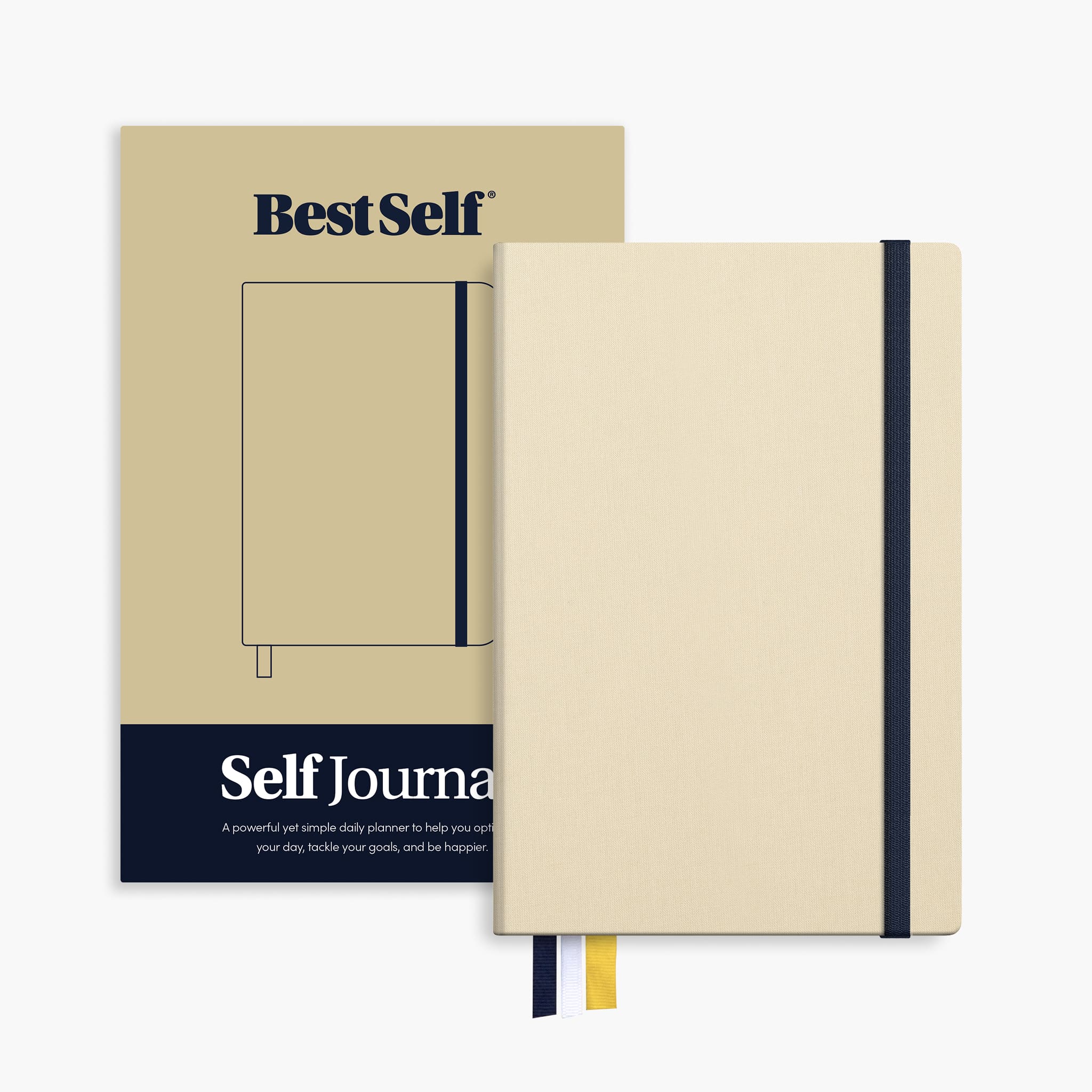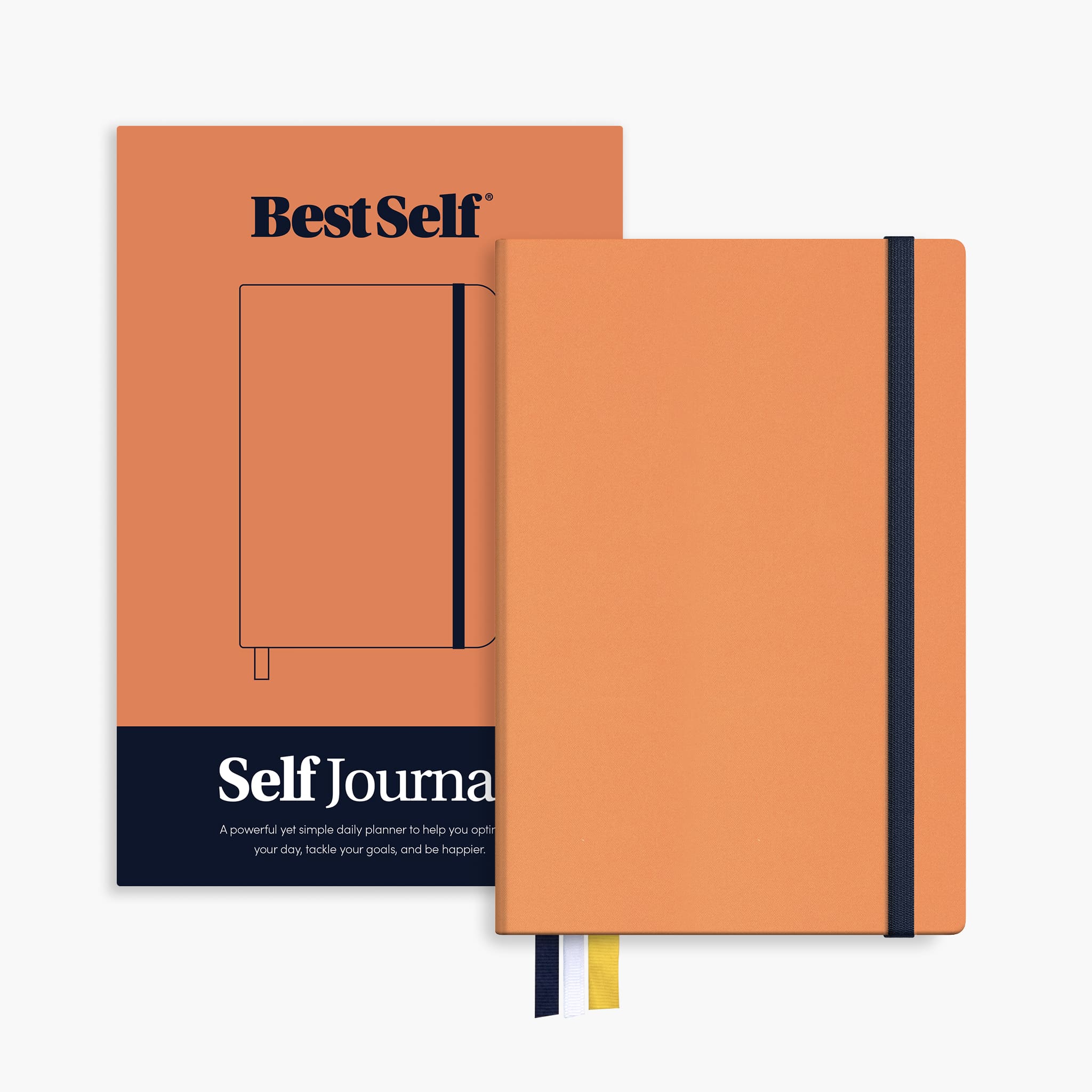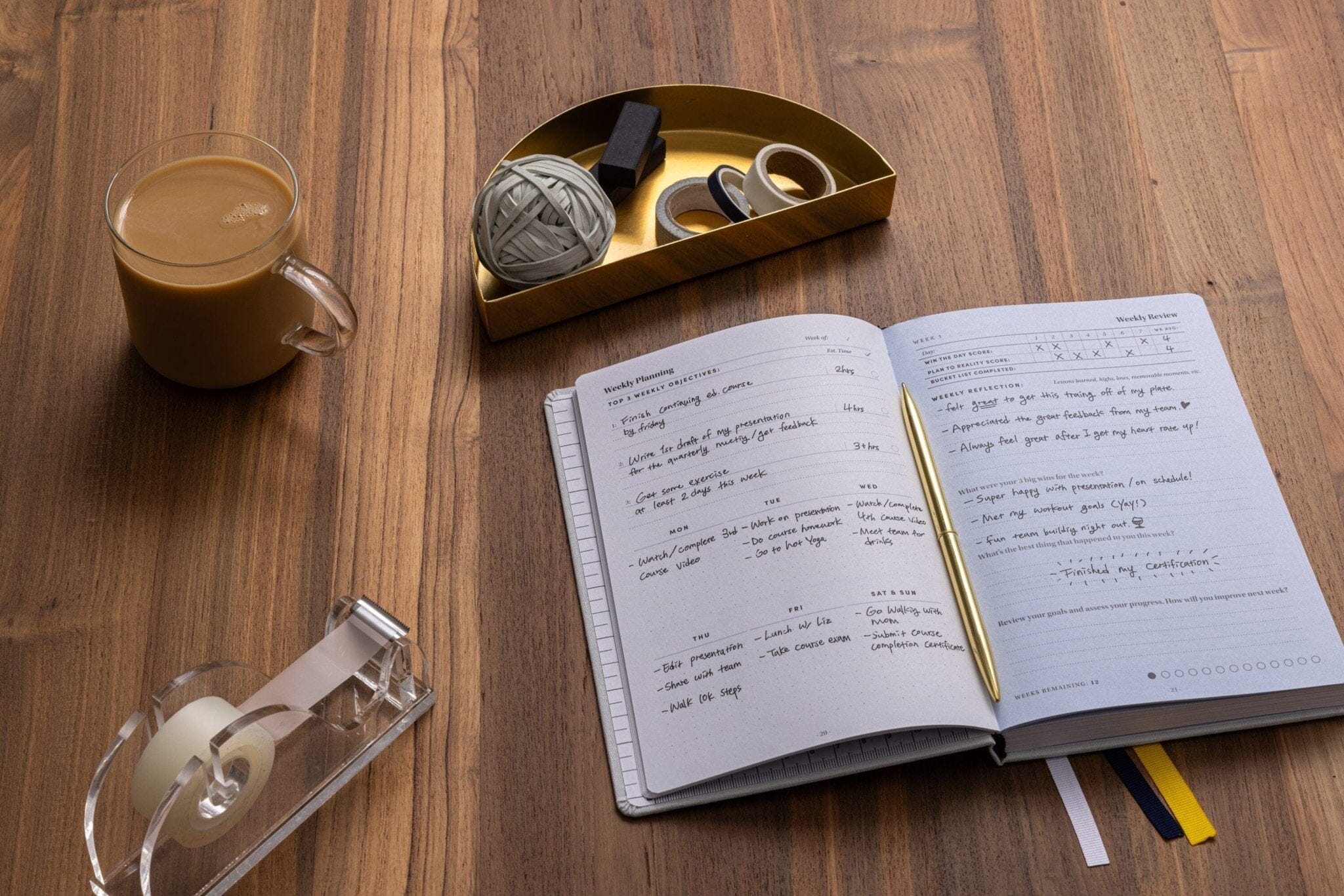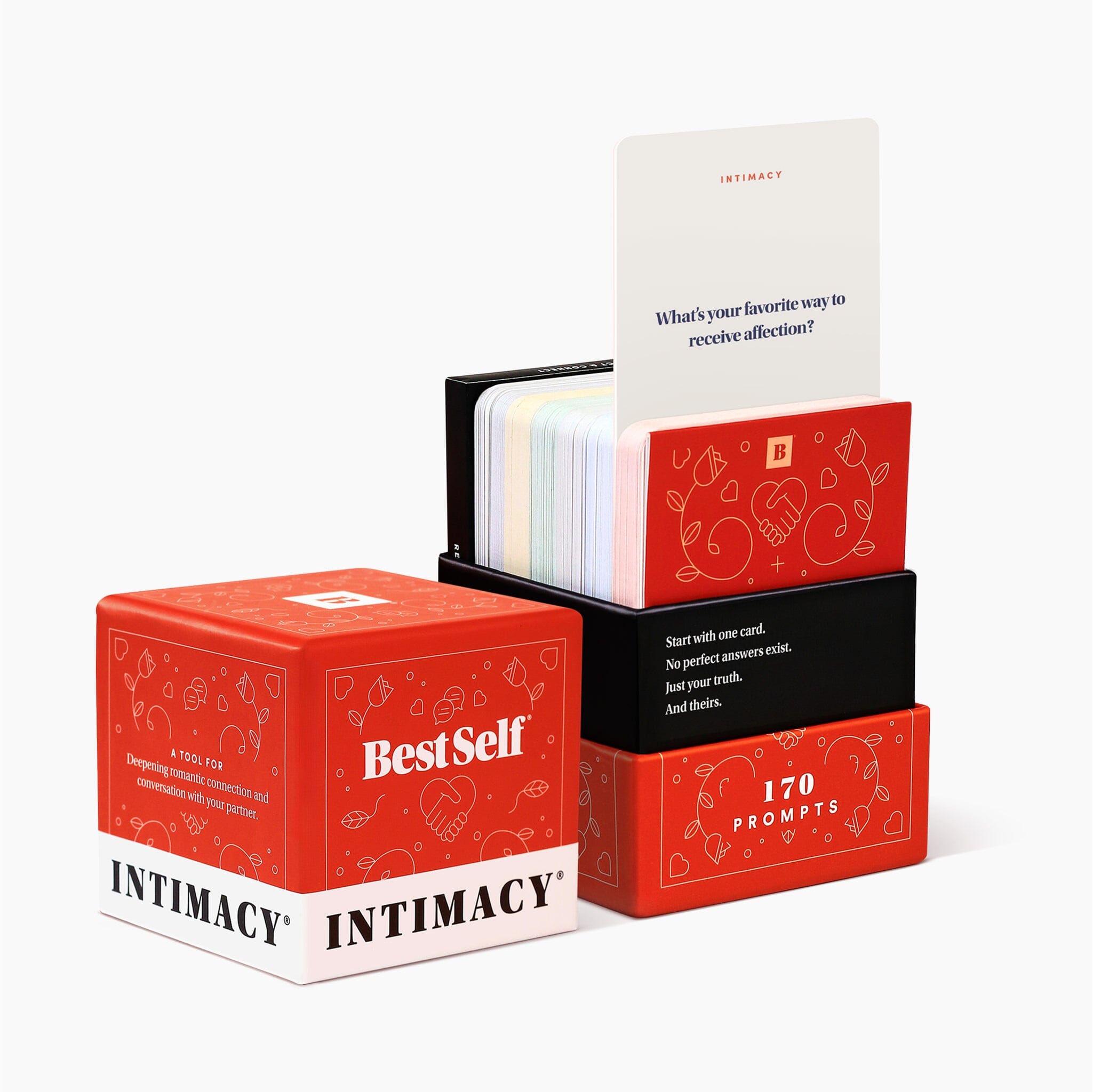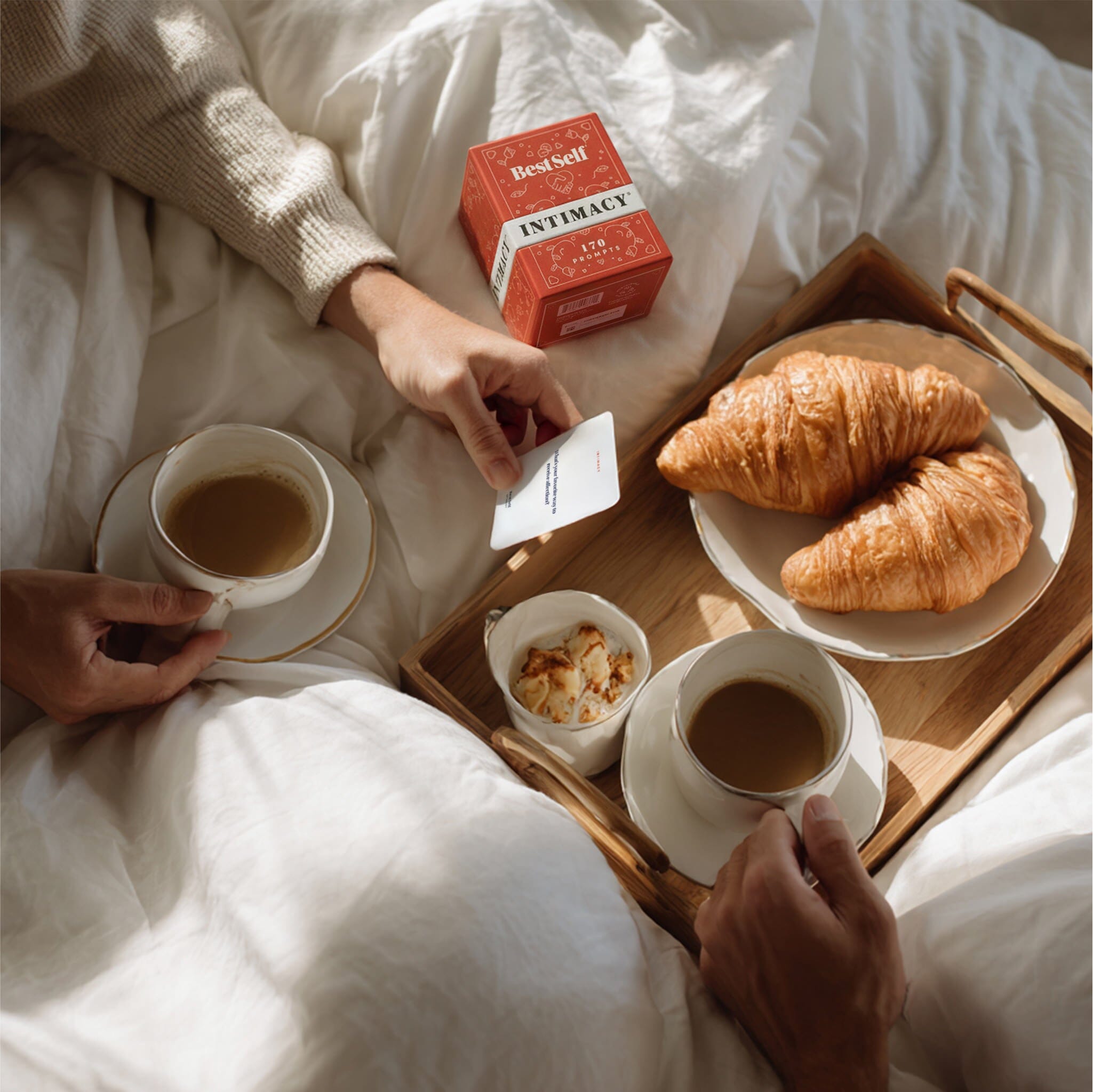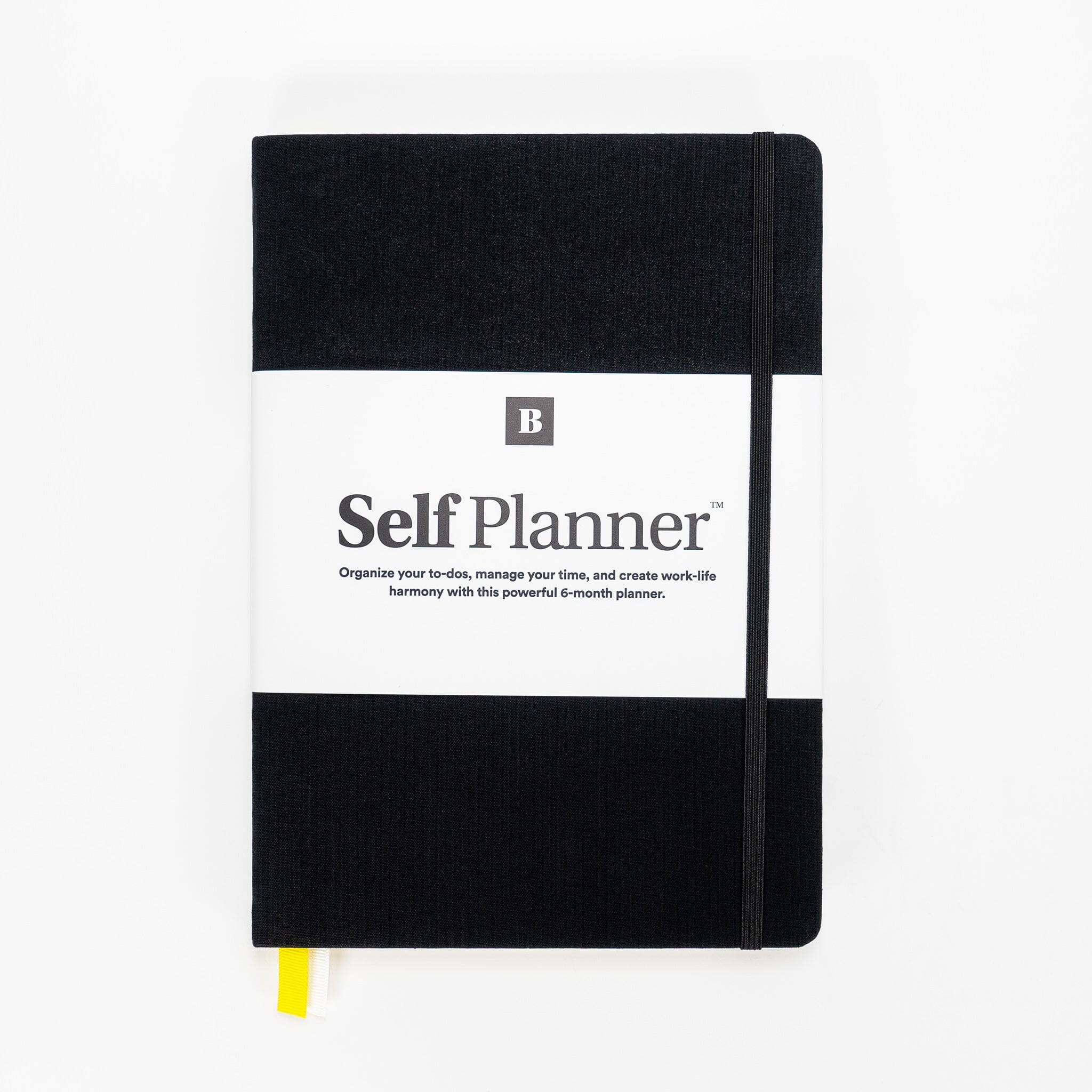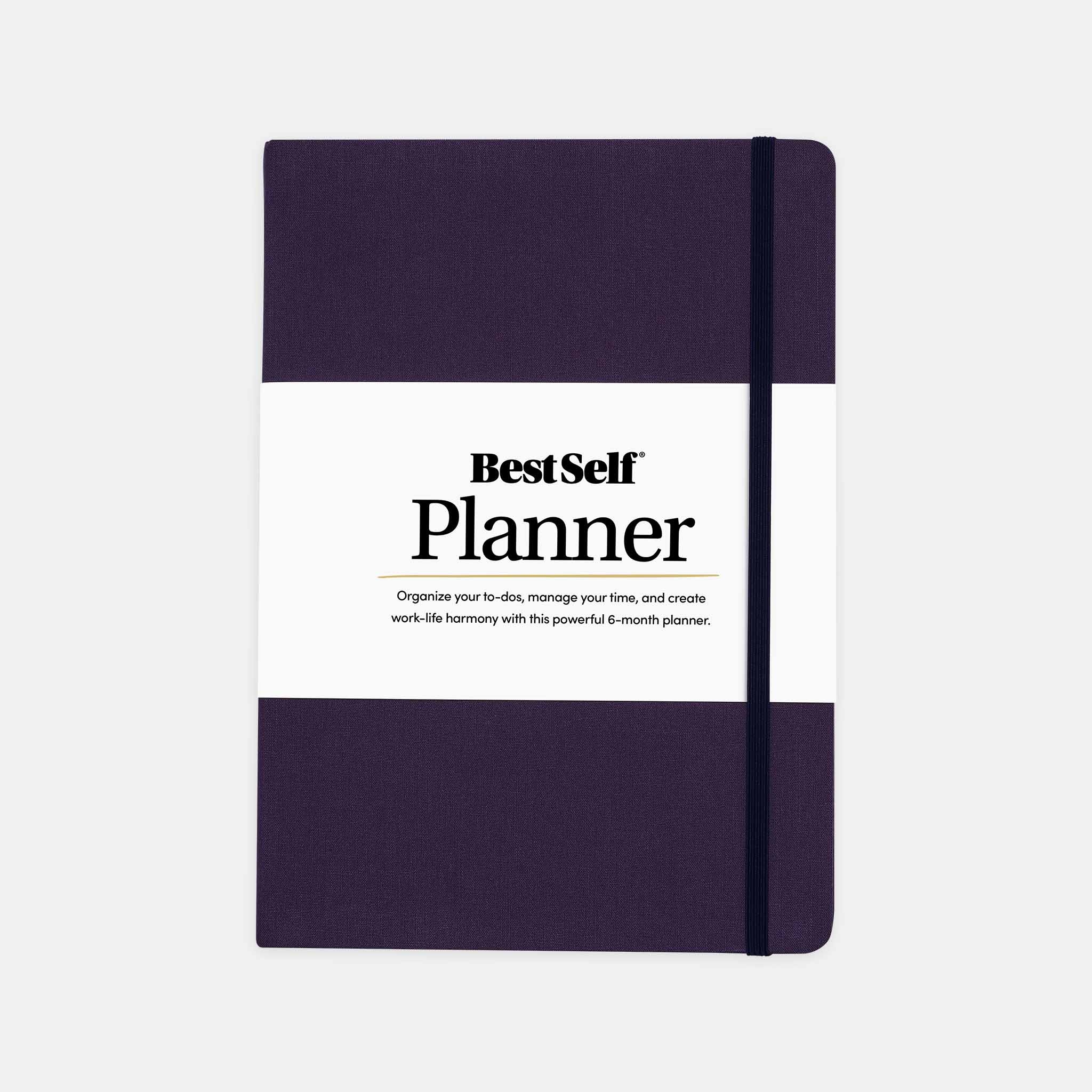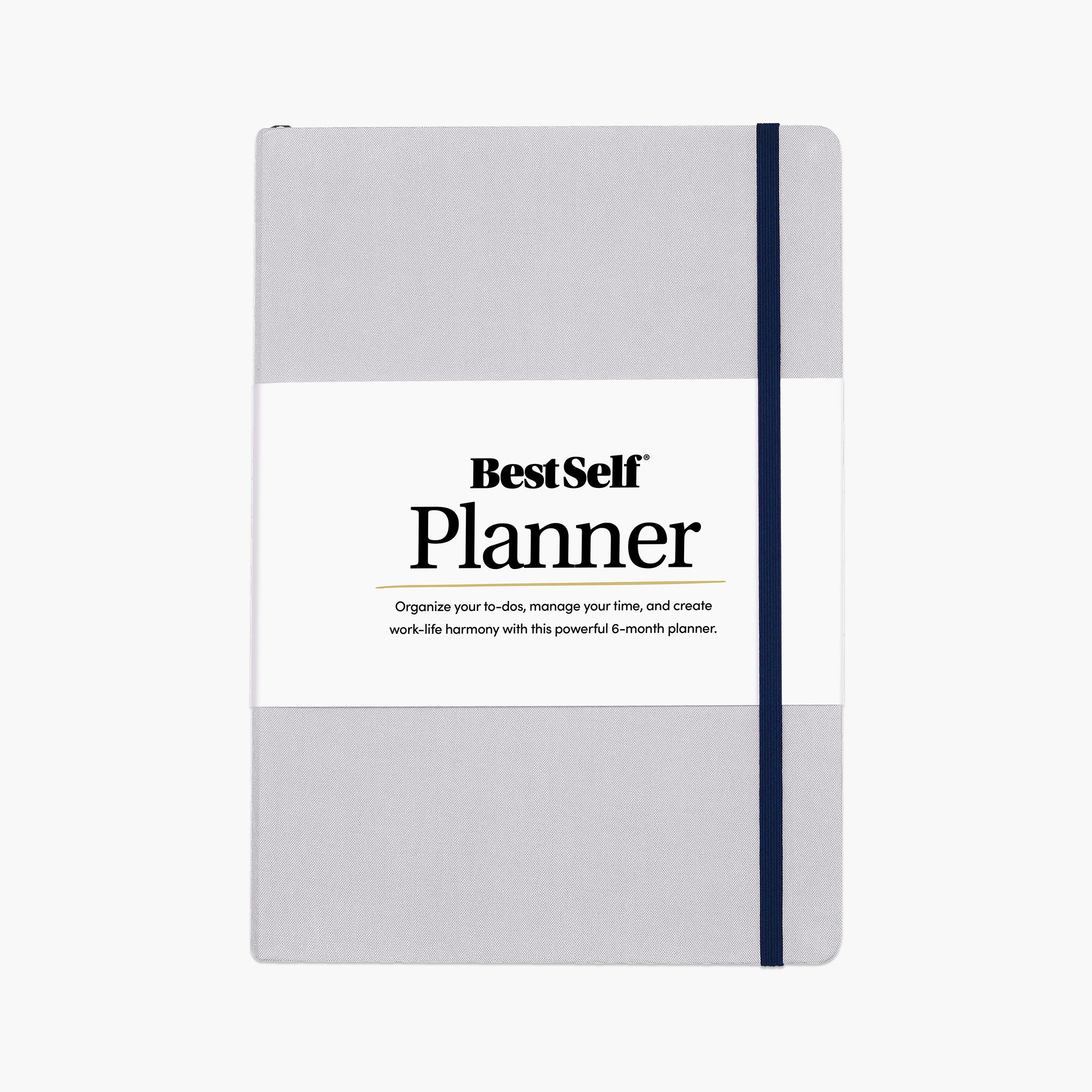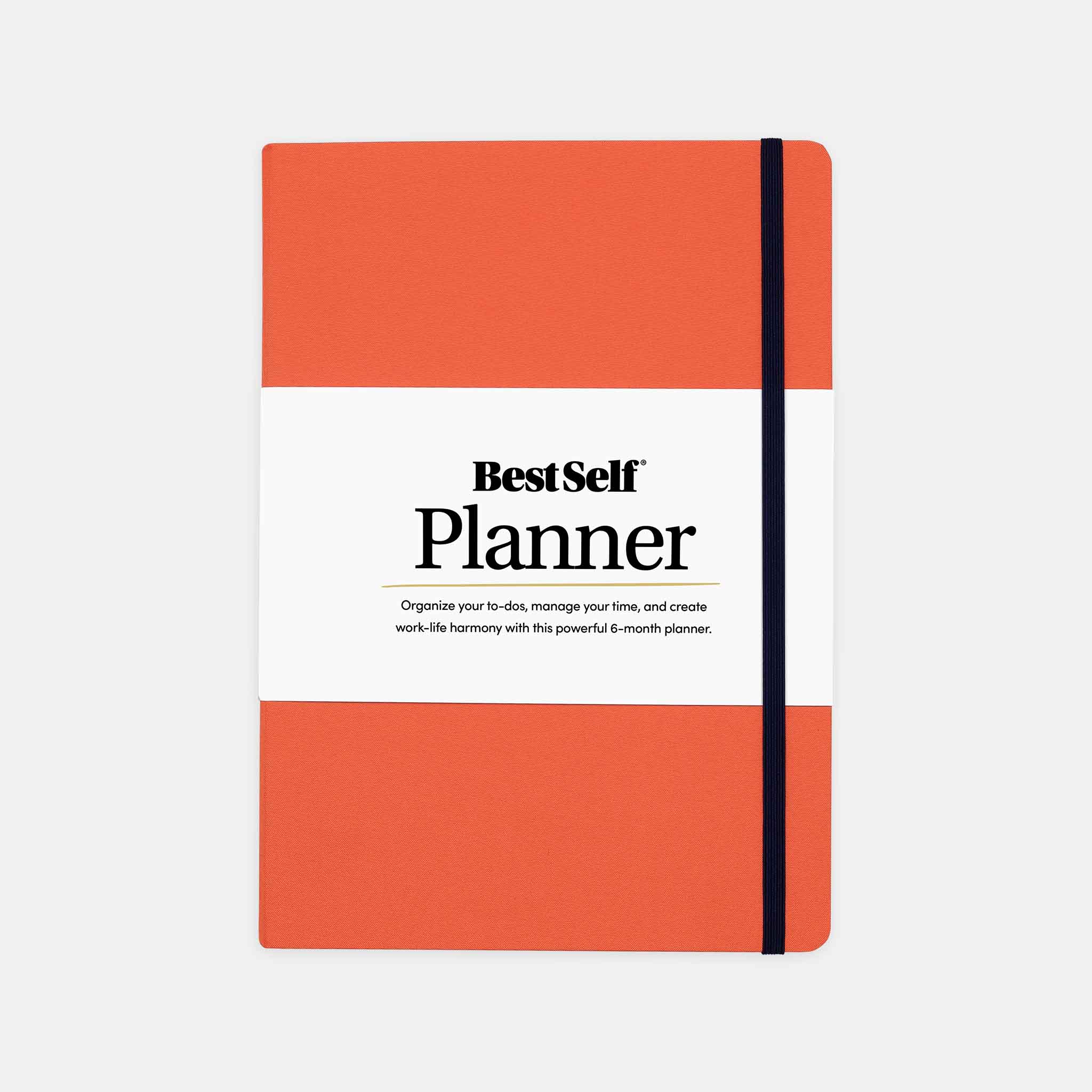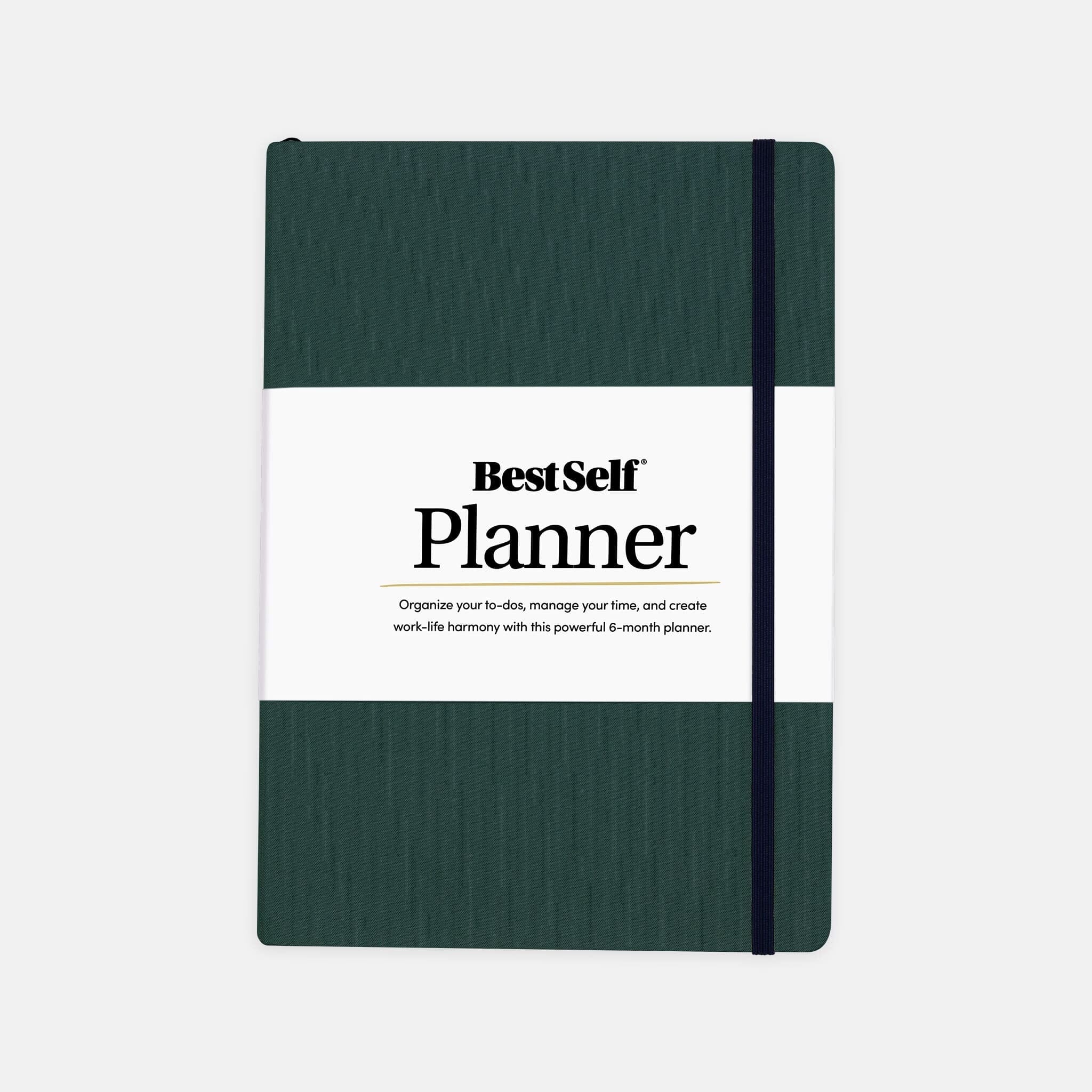Have you ever caught yourself doodling in a meeting, a lecture or on a long phone call? Suddenly, you notice that the paper - or even napkin - in front of you is covered with random squiggles, drawings, or doodles?
If so, you’re not alone. According to a study by Faber-Castell Corp, 75% of Americans doodle occasionally, and one in four doodle at least once a day. Turns out that doodling [or art therapy] is a common habit.
In fact, doodling was favored by occupants of the Oval office. Did you know that 26 of 44 US presidents scratched and scrawled? Roosevelt doodled animals and children, JFK preferred dominos and sailboats, and Reagan frequently drew cowboys and footballers.
Despite celebrity advocates, doodling is a habit that sometimes gets bad press. Did you ever get called out by your teacher for doodling instead of paying attention? Doodlers have been accused of being aloof or distracted, but that isn’t necessarily true.
Science is discovering that doodling and art therapy can be beneficial - for a number of reasons including improved focus, stress relief, and creating.
So stop feeling guilty for your doodling habit!
In fact, feel free to doodle some more because as these FIVE benefits suggest, there’s plenty to be gained from releasing your inner artist.
1. Improves memory & concentration.
Doodling has been scientifically proven to improve the retention of information as well as enhance focus and concentrate on the task at hand.
For example, a 2009 experiment by psychologist Jackie Andrade found that doodlers recalled 29% more information than non-doodlers.
Scientists are still discovering why doodling can improve memory, but it might be linked to the way that doodling maintains alertness. Doodling keeps you from falling asleep. Instead of drifting away, doodling maintains a degree of awakeness, which can promote retention.
What’s more, doodling can give your brain a break when it feels overworked, helping the brain to stay engaged instead of losing interest completely.
In short, that doodling habit could actually empower you to be more productive. If you can inspire yourself to get more done in less time, you create more space in your life for the things you desire, but somehow never quite get around to doing.
2. Fosters creativity, idea generation and problem solving.
According to Sunni Brown [the author of The Doodle Revolution], “When you doodle, you are lighting up different networks in the brain and engaging different information”.
As a result, sketching and scribbling can help trigger those lightbulb moments of creativity and insight where you come up with an idea or find a solution to a problem.
Doodling can also help you tap into your subconscious. In turn, you can access different thoughts and memories, creating new connections and innovations. You can explore ideas, solutions, and possibilities.
Remember, creativity is a currency.
In the words of Jim Rohn, “Ideas can be life-changing. Sometimes all you need to open the door is just one more good idea.”
If doodling can open the door to a game-changing idea, this habit could pay dividends in so many areas of your life.
3. Art therapy reduces stress and anxiety.
The rhythmic and repetitive motion of drawing elicits what Harvard cardiologist Herbert Benson identified as the ‘relaxation response’. By synchronizing the hand and eye—thereby allowing the coordination of body and mind—doodling can become a calming, mindful, and meditative experience.
In addition, in a world of hyper-stimulation where we are bombarded with information 24/7, doodling can offer an escape into the world of your imagination.
In the words of Einstein, “The true sign of intelligence is not knowledge, but imagination.”
In addition, doodling can help us feel more present. Instead of worrying about the past or the future, doodling brings you into the now. When you feel deeply connected with the moment, you feel more connected to you. This elevates your sense of empowerment and control over your life which can also help reduce stress and anxiety.
4. Doodling helps process emotions.
When you’re frustrated, anxious, or depressed, it can be difficult to convey those feelings in words. But an image might come to mind that describes your feelings, helping you translate them, recognize them and address them.
You know the saying, “a picture is worth a thousand words”.
When emotions are unexpressed, they remain suppressed. This suppression can create more inner angst, frustration, or even anger. By allowing our emotions to be expressed visually, we create an external outlet. When emotions flow, they are free to move. In turn, we get to see what’s on the other side. We can create closure and even move into a new emotional state.
To discover more insights about the power of art therapy for unlocking emotions and cultivating self-expression, check out this podcast with Morgan Beard.
5. Makes you happier.
Not only can doodling and art therapy make you smarter and more creative, research shows it can actually make you happier, too! (depending on what you draw of course).
Thai is because creativity is an easy way to feel brighter - maybe because it’s a form of self-expression that allows you to show what’s real for you.
So, get doodling!
With all the evidence suggesting that doodling is good for us, why not create more space for this practice in your life.
And if you want some inspiration for doodles to draw, the Doodle Deck has your back.
The Doodle Deck contains 50 art therapy exercises to awaken your inner artist and unleash your inner muse. Whether you believe you can draw or not, this deck guides you to your creative zone… and who knows where that could lead!
Simply pick a prompt and doodle whatever comes to mind on the included sketch pad
